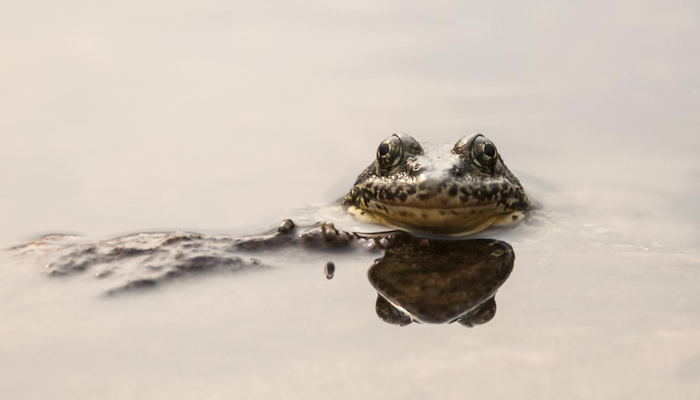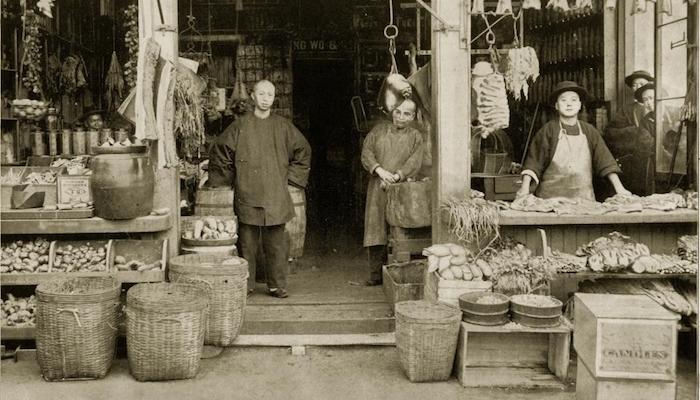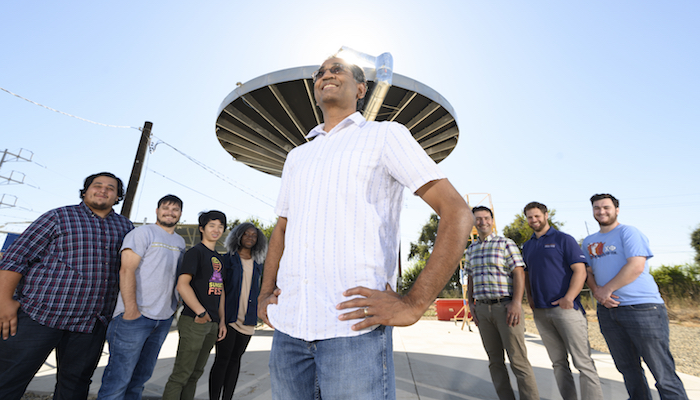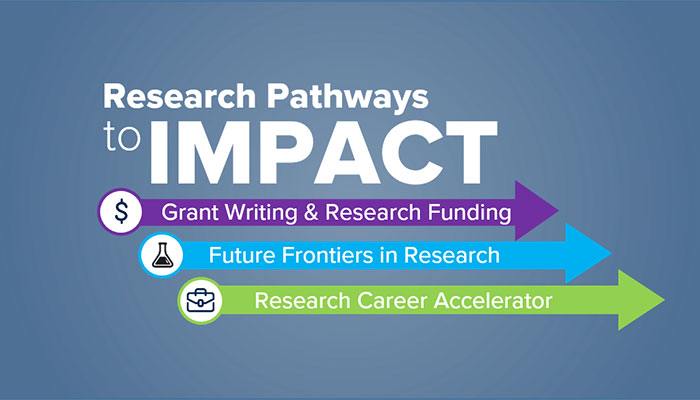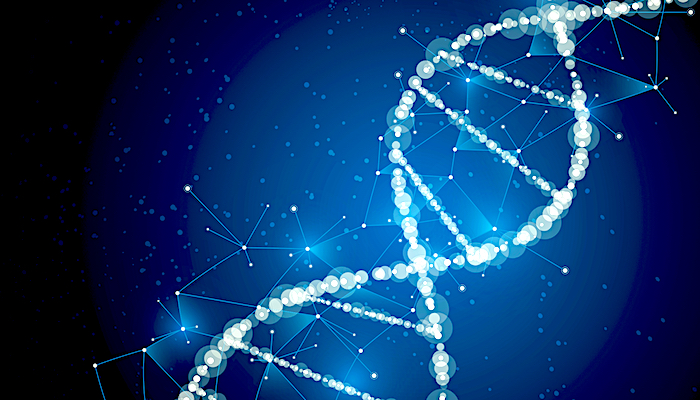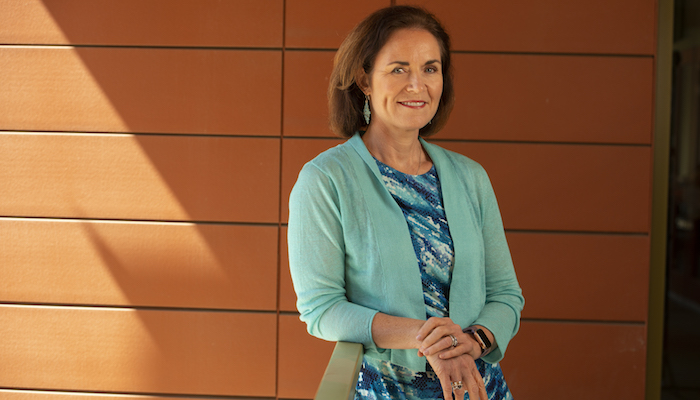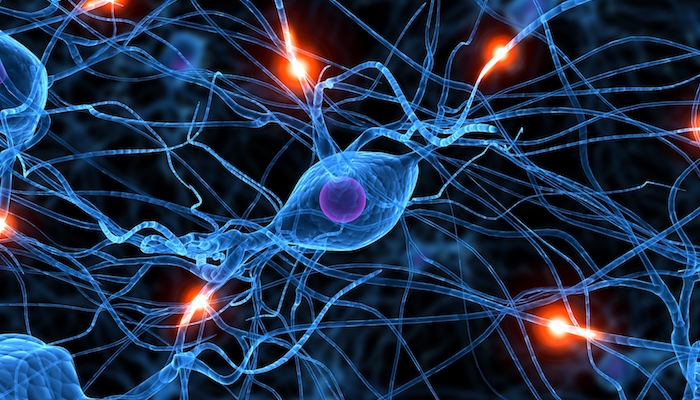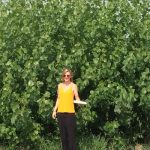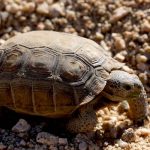From Yellow-Legged Frogs to Chickpeas: Graduate Students Receive Funding for Wide Range of Microbiome Research Topics
By Jose Franco
The UC Davis Microbiome Special Research Program is pleased to announce the recipients of the 2019 Microbiome Graduate Research Award. A total of fifteen graduate students were selected for the award out of thirty-six applications. Each awarded proposal will receive $1,000 to help with costs related to their microbiome research.
The Microbiome Graduate Research Award was designed to support graduate students with costs associated with their microbiome research such as core services, sequencing, microbiome data analysis, publication costs or travel.
The application process demonstrated the various areas of microbiome research at UC Davis and ranged in diverse applicant backgrounds from plant pathology, entomology/nematology and animal science to applicants from anthropology, computer science, nutrition and psychology.
The program hopes to run another round of funding in 2020. For a full list of project summaries, please visit the 2019 awarded projects web page.
Award Recipients
Betsy Alford, Department of Plant Pathology
“Microbial ecology of wild and domesticated chickpeas”
Karen Atkins, Hydrologic Sciences Graduate Group
“Drivers of periphyton biomass in oligotrophic lakes”
Zachary Bendiks, Department of Food Science and Technology
“In vitro characterization of Lactobacillus spp. enriched during consumption of diets enriched in whole grains”
Cassandra Ettinger, Genome Center
“Enhancing our understanding of the dark matter fungi associated with the seagrass Zostera marina”
Sonia Ghose, Department of Evolution and Ecology
“The skin microbiome of Sierra Nevada yellow-legged frogs: population biology and its role in fungal infections and restoration efforts”
Jilann Hagey, Department of Animal Science
“Identifying nitrogen fixing microbes in the feces of cattle”
Rian Harriman, Graduate Group in Immunology
“Augmentation of oral immunotherapy with gut commensal-derived microparticles”
Britta Heiss, Department of Food Science and Technology
“Enrichment of novel fucosylated human milk oligosaccharide gene cluster in a breast-fed infant cohort”
Neetha Iyer, Department of Anthropology
“Social interactions drive the transmission of gut bacteria in Grauer’s gorillas”
Cynthia Jinno, Department of Animal Science
“Effects of Bacillus subtilis on fecal microbiota of weaned pigs challenged with a pathogenic E. coli”
William Louie, Department of Pathology, Microbiology, & Immunology, School of Veterinary Medicine
“Impacts of larva-acquired Aedes aegypti microbiota on vector competence for Zika virus”
Jessica Mizzi, Microbiology Graduate Group
“Antarctic cyanobacteria causes cascading microbiome effects with oxygenic photosynthesis in the presence of hydrogen sulfide”
Laura Perilla Henao,Department of Plant Pathology
“Nodule microbial functional profile”
Danielle Rutkowski, Department of Entomology and Nematology
“The effects of fungicide on Bombus vosnesenskii microbiome and performance”
Anneliek ter Horst, Department of Plant Pathology
“Fantastic viruses and where to find them”
Contact
- Jose Franco, Microbiome Special Research Program, [email protected]
Resources
Latest News & Events

